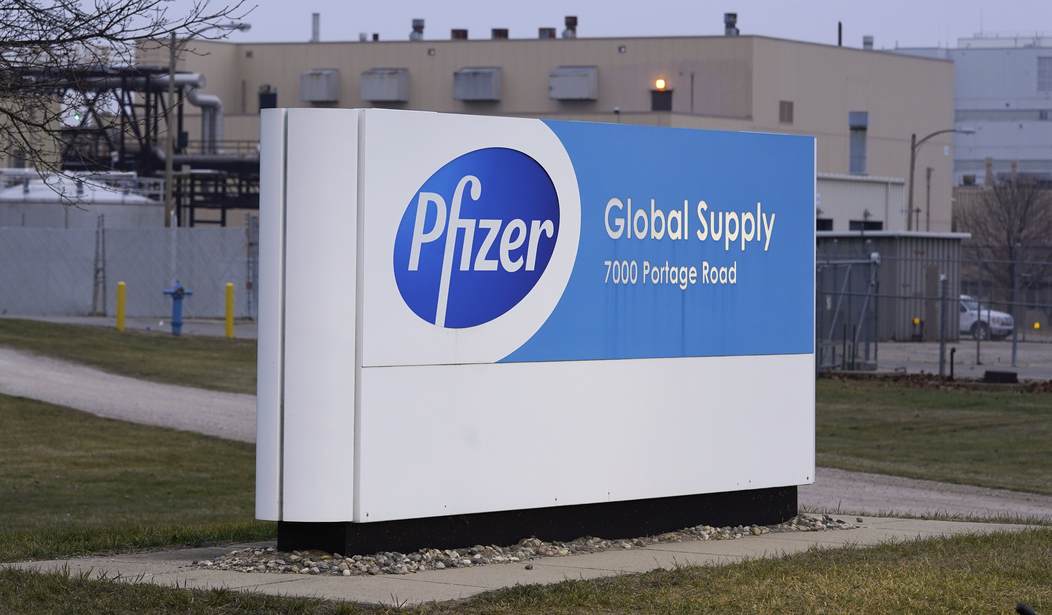The Centers for Disease Control and Prevention (CDC) reports that at least 8 million Americans who received their first dose of the coronavirus vaccine have failed to return for the second dose. Both the Moderna and Pfizer vaccines require two doses about a month apart for the full immunological effects to take hold.
About 8 percent of people are not taking their second dose, double what the rate was in February. Then, the cause was a limited supply that created bottlenecks in some regions of the country. But public health authorities are concerned because while one dose of vaccine offers some protection, two doses are needed to create a robust immune response to protect the body from one of several variants of COVID-19 that have been discovered in other countries.
Mounting evidence collected in trials and from real-world immunization campaigns points to the peril of people skipping their second doses. Compared with the two-dose regimen, a single shot triggers a weaker immune response and may leave recipients more susceptible to dangerous virus variants. And even though a single dose provides partial protection against Covid, it’s not clear how long that protection will last.
“I’m very worried, because you need that second dose,” said Dr. Paul Offit, a professor at the University of Pennsylvania and a member of the Food and Drug Administration’s vaccine advisory panel.
One part of the solution is to give people a vaccine that only requires one dose.
The stakes are high because there is only one vaccine authorized in the United States that is given as a single shot. The use of that vaccine, made by Johnson & Johnson, was paused this month after it was linked to a very rare but serious side effect involving blood clotting. Federal health officials on Friday recommended restarting use of the vaccine, but the combination of the safety scare and ongoing production problems is likely to make that vaccine a viable option for fewer people.
Another part of the solution is to develop more vaccines. The J&J vaccines only need standard medical refrigeration units to store them while both the Moderna and Pfizer jabs need specialized, super-cold refrigeration.
Recommended: FDA, CDC Recommend Pulling a COVID-19 Vaccine After 6.8 Million Have Already Taken It
Keep in mind that we may need a “booster” shot later this year or, perhaps we may be required to get inoculated every year. We won’t know until the continuing human trials are mixed with the real-world results to give us a clearer picture of how long the body sustains an effective immune response.
Some pharmacies are reporting “dose matching” problems where customers received the first shot — Moderna or Pfizer — but were sent to a pharmacy that only had one or the other vaccine.
In the Chicago area, for example, pharmacists at two Walgreens locations said the problem was causing headaches. They said that Walgreens’ appointment system was sending each pharmacy anywhere from 10 to 20 customers a week who need a second Pfizer shot, even though both pharmacies stock only the Moderna vaccine.
It is not clear how widespread the Walgreens dose-matching problem has been or how many people have missed their second doses because of it.
The impact of the snafus and lack of two doses on the trajectory of the pandemic is minimal. Authorities are being far too cautious in their assessments — something we’ve known for months. The pandemic is all but beaten and it only requires a lawsuit or two for the politicians and public health officials to confirm it.
That’s the only way we’re going to get the authorities to admit what the American people have known for months: the emergency is over. It’s time to get back to work and play.










Join the conversation as a VIP Member